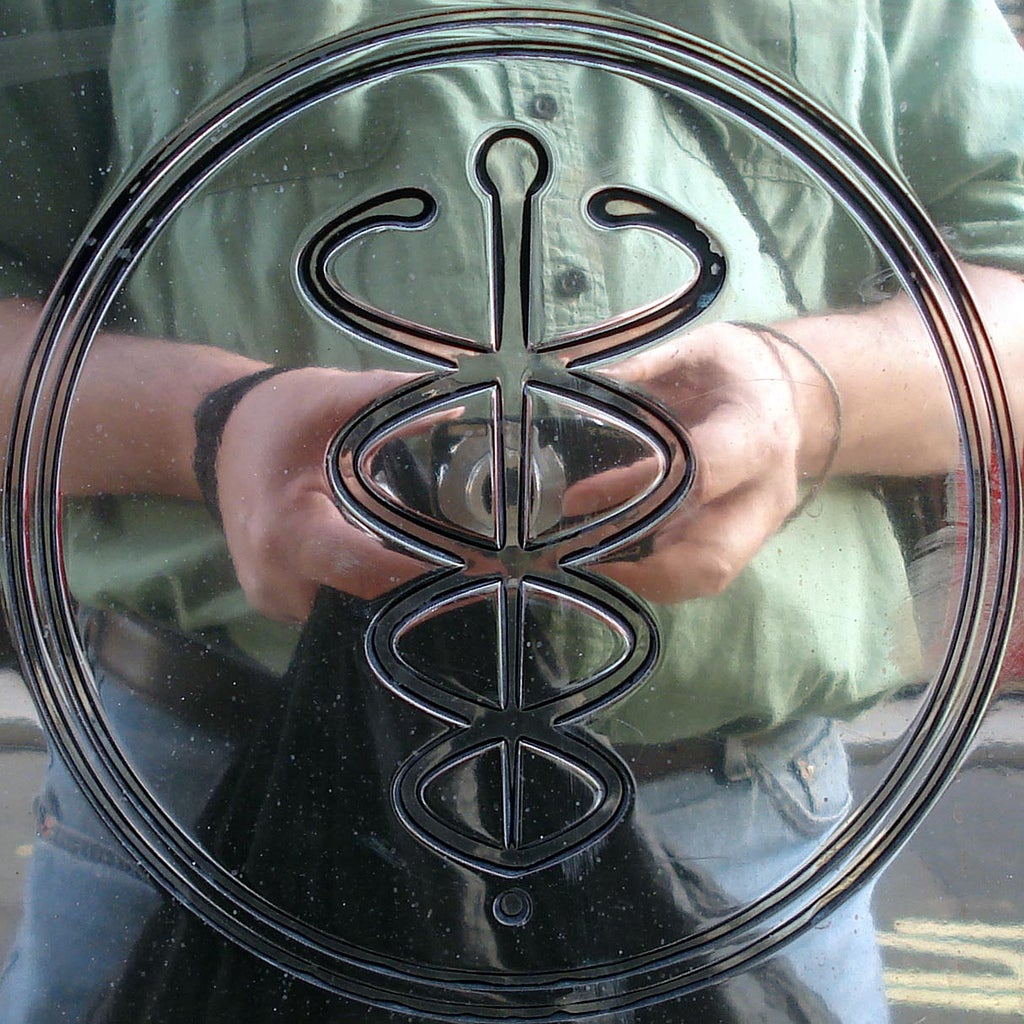A new study comparing childless adults on BadgerCare and those uninsured shows substantially fewer hospitalizations for those covered. These data come as state governments debate accepting the Affordable Care Act’s federally-funded Medicaid expansion, and whether such expansion will improve public health.
There are a lot of factors determining whether states will expand Medicaid under health reform. There’s politics, of course, along with cost, and the data on whether public insurance measurably improves the health of the poor. A study by UW-Madison and other researchers indicates that when low-income, childless adults get insurance, it has the potential to improve health. The study looked at 9,000 Milwaukee residents and found after they got on the BadgerCare Core plan, hospitalizations declined 59 percent in one year. Economics professor Thomas DeLeire is with the La Follette School of Public Affairs and conducted the study which appears in the journal Health Affairs.
“Many of the types of hospitalizations that were avoided may have been due to things that related to keeping chronic illnesses under control. For example, an individual with high blood pressure might end up in the hospital if they don’t have a chance to regularly see their doctor or have appropriate medications. And so we believe the reductions in hospitalizations are due to better control of chronic illness.”
Stay informed on the latest news
Sign up for WPR’s email newsletter.
While hospitalizations decreased, outpatient visits increased; there were also more trips to the emergency room. Increased use of the ER has been documented in other studies as well, which cite lack of primary care alternatives or transportation difficulties.
Wisconsin Public Radio, © Copyright 2024, Board of Regents of the University of Wisconsin System and Wisconsin Educational Communications Board.







